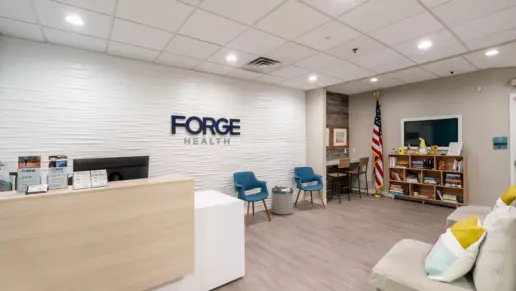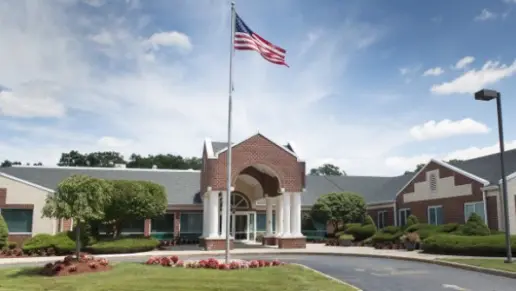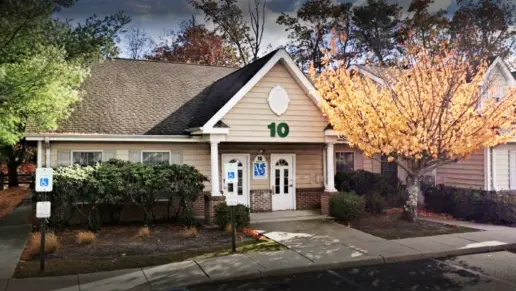About Legacy Healing Center Cherry Hill
Legacy Healing Center Cherry Hill is a Joint Commission accredited luxury outpatient rehab in Cherry Hill, New Jersey. They welcome adult men and women seeking a comfortable space for addiction and co occurring disorder recovery. You’ll benefit from comprehensive care to hone in on recovery and gain a new outlook on life.
Their programs offer various levels of outpatient care including partial hospitalization programs (PHPs) and intensive outpatient care (IOP) along with standard outpatient treatment and aftercare. No matter where you are in recovery you can access a customized treatment plan with your needs at the forefront. You’ll participate in a blend of integrated treatment options including individual and group therapy using approaches like dialectical behavior therapy or cognitive behavioral therapy. They also offer trauma focused therapy.
What stands out most to me is their holistic healing approach. Along with proven interventions, their programs incorporate emotional, physical, and spiritual healing elements. You can participate in art therapy and meditation as well as nutrition counseling. These practices introduce new ways of self expression and give you tools to handle stressful situations while reinforcing essential life skills to sustain recovery.
Another key feature is their aftercare support program. They offer multiple services to keep you on track in recovery after completing treatment. With ongoing therapeutic support they offer family support groups and alumni events along with 12-Step groups and more. You’ll benefit from compassionate care to help you prevent relapse and sustain recovery.
Lifetime recovery coaching is one of the best parts of their aftercare program. Your personal recovery coach is there with you throughout and after treatment. You’ll have the chance to foster a strong relationship with them as they provide support and guidance throughout your journey. They can help you implement your long term recovery plan and rebuild relationships with loved ones as well as find employment and much more. You’ll benefit from an empathetic recovery partner to help tackle challenges and celebrate milestones for the rest of your life.
Facility Overview
Rehab Score
Gallery
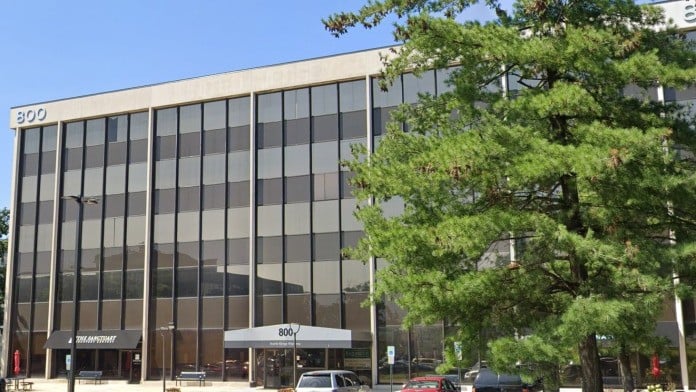
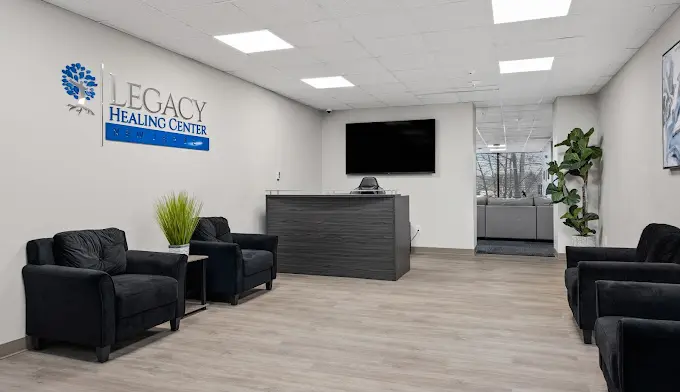
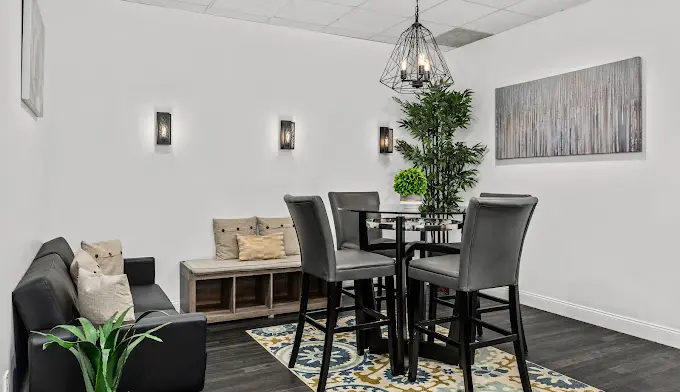
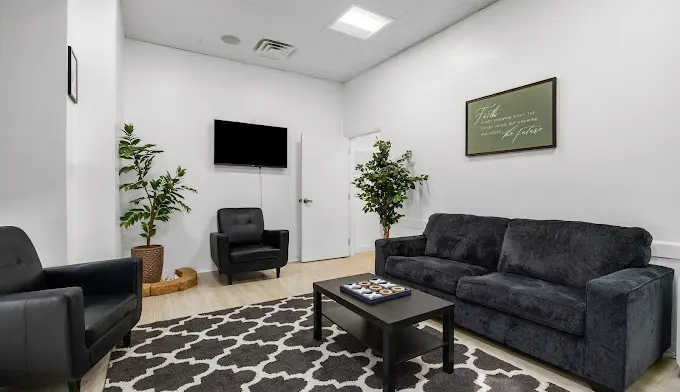
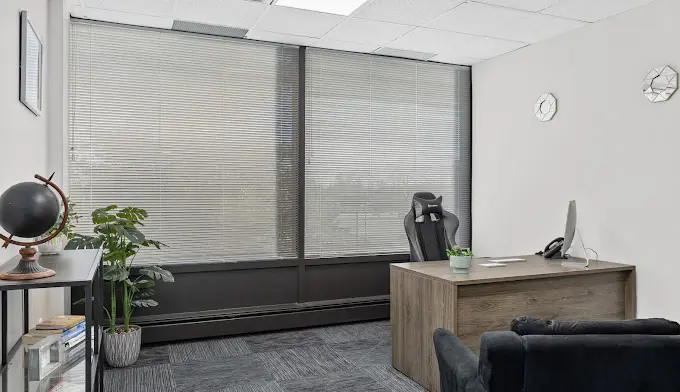
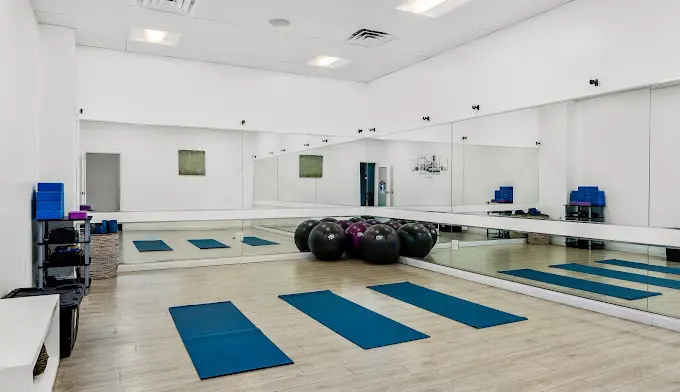
Location
Accepted Insurance
Other Forms of Payment
Private insurance refers to any kind of healthcare coverage that isn't from the state or federal government. This includes individual and family plans offered by an employer or purchased from the Insurance Marketplace. Every plan will have different requirements and out of pocket costs so be sure to get the full details before you start treatment.
Self-pay involves paying for treatment out of your own pocket. You can use savings or credit, get a personal loan, or receive help from family and friends to fund your treatment. If you don't have insurance or your insurance plan doesn't cover a specific program, self-pay can help ensure you still get the care you need.
Addiction Treatments
Levels of Care
Treatments
The goal of treatment for alcoholism is abstinence. Those with poor social support, poor motivation, or psychiatric disorders tend to relapse within a few years of treatment. For these people, success is measured by longer periods of abstinence, reduced use of alcohol, better health, and improved social functioning. Recovery and Maintenance are usually based on 12 step programs and AA meetings.
Drug rehab in New Jersey is the process of addressing the complex issues involved with addiction. Challenges are identified and addressed through individual and group counseling. Participants learn how to manage these issues without the use of substances.
Many of those suffering from addiction also suffer from mental or emotional illnesses like schizophrenia, bipolar disorder, depression, or anxiety disorders. Rehab and other substance abuse facilities treating those with a dual diagnosis or co-occurring disorder administer psychiatric treatment to address the person's mental health issue in addition to drug and alcohol rehabilitation.
Substance rehabs focus on helping individuals recover from substance abuse, including alcohol and drug addiction (both illegal and prescription drugs). They often include the opportunity to engage in both individual as well as group therapy.
Programs


Clinical Services
Cognitive behavioral therapy (CBT) in New Jersey typically follows a set structure of treatment. The therapist helps clients identify their life challenges and their thoughts surrounding those challenges. The client then learns to identify unhealthy thought patterns and reshape those into healthy patterns of thinking and behavior.
Dialectical means opposing. The premise of dialectical behavior therapy is to learn how two things that seem to be opposite can actually be true. You learn how to accept yourself while also making changes. The focus is on accepting your emotions and changing how you manage them.
Group therapy is any therapeutic work that happens in a group (not one-on-one). There are a number of different group therapy modalities, including support groups, experiential therapy, psycho-education, and more. Group therapy involves treatment as well as processing interaction between group members.
In individual therapy, a patient meets one-on-one with a trained psychologist or counselor. Therapy is a pivotal part of effective substance abuse treatment, as it often covers root causes of addiction, including challenges faced by the patient in their social, family, and work/school life.
Research clearly demonstrates that recovery is far more successful and sustainable when loved ones like family members participate in rehab and substance abuse treatment. Genetic factors may be at play when it comes to drug and alcohol addiction, as well as mental health issues. Family dynamics often play a critical role in addiction triggers, and if properly educated, family members can be a strong source of support when it comes to rehabilitation.
Nutrition therapy is more than a simple meal plan during rehab. It's designed to facilitate a faster recovery by giving your body the nutrients it needs to heal. It aids in strengthening your systems and giving you the energy you need for daily functioning and success in other therapies.
Amenities
-
Gym
-
Residential Setting
-
Private Rooms
Staff & Accreditations
Staff
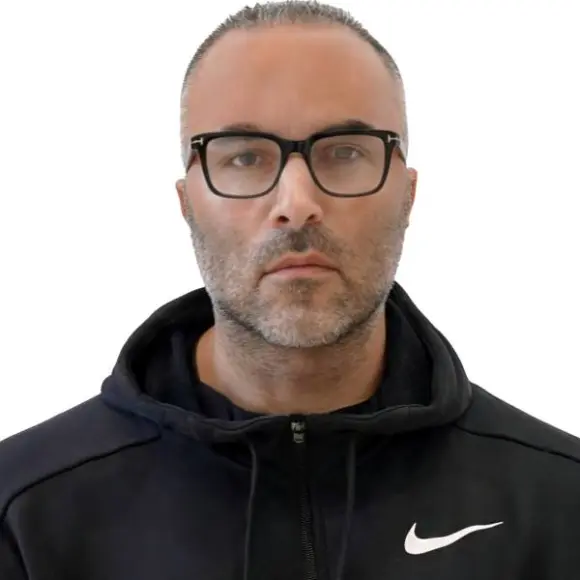
CEO
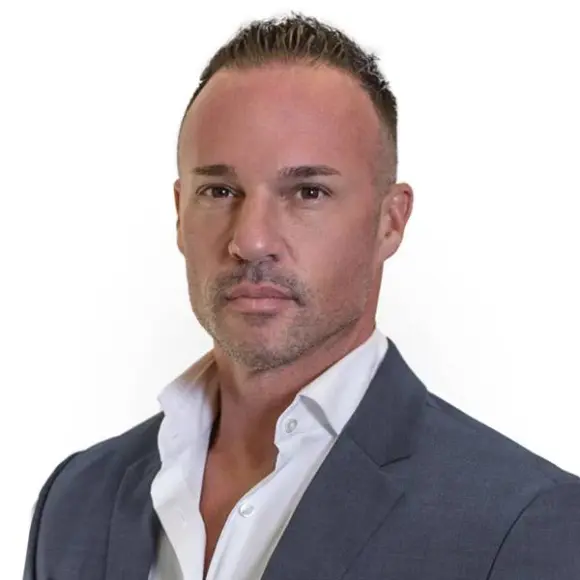
COO
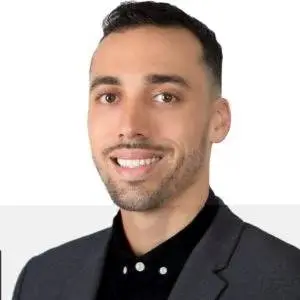
CED
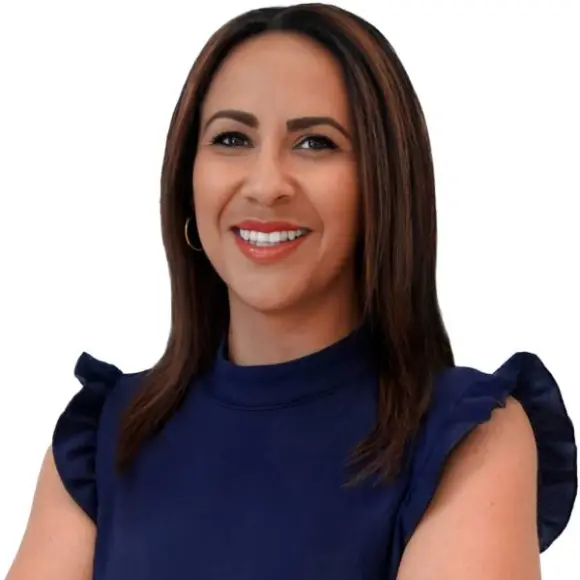
CFO
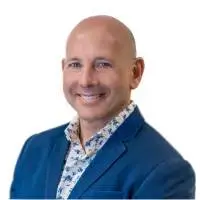
CCO
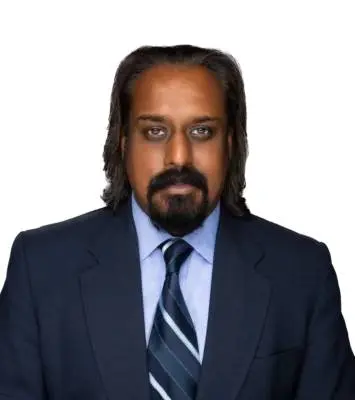
CMO
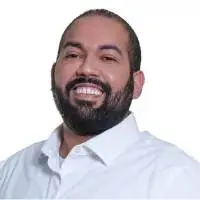
Executive Director
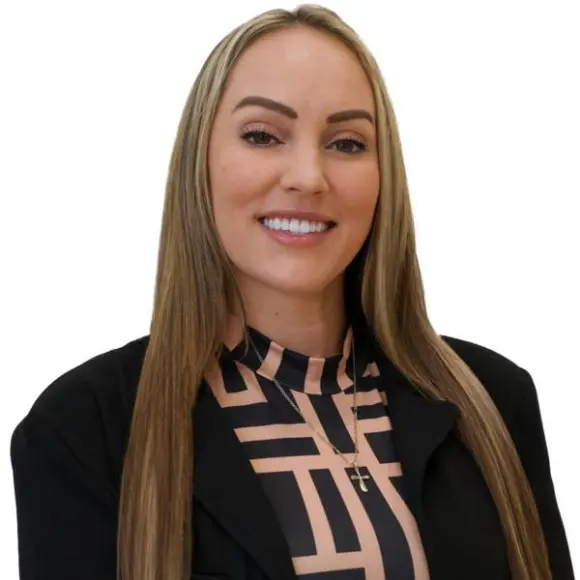
Program Director
Accreditations

The Substance Abuse and Mental Health Services Administration (SAMHSA) is a branch of the U.S. Department of Health and Human Services. Established in 1992 by congress, SAMHSA's mission is to reduce the impact of substance abuse and mental illness on American's communities.
SAMHSA Listed: Yes

LegitScript has reviewed Legacy Healing Center Cherry Hill as part of their certification program, and has determined that it meets the LegitScript standards for legality, safety and transparency.
LegitScript verified in April 2021

The Joint Commission, formerly known as JCAHO, is a nonprofit organization that accredits rehab organizations and programs. Founded in 1951, the Joint Commision's mission is to improve the quality of patient care and demonstrating the quality of patient care.
Joint Commission Accreditation: Yes
Contact Information
800 Kings Hwy N
Suite 100
Cherry Hill, NJ 08034




